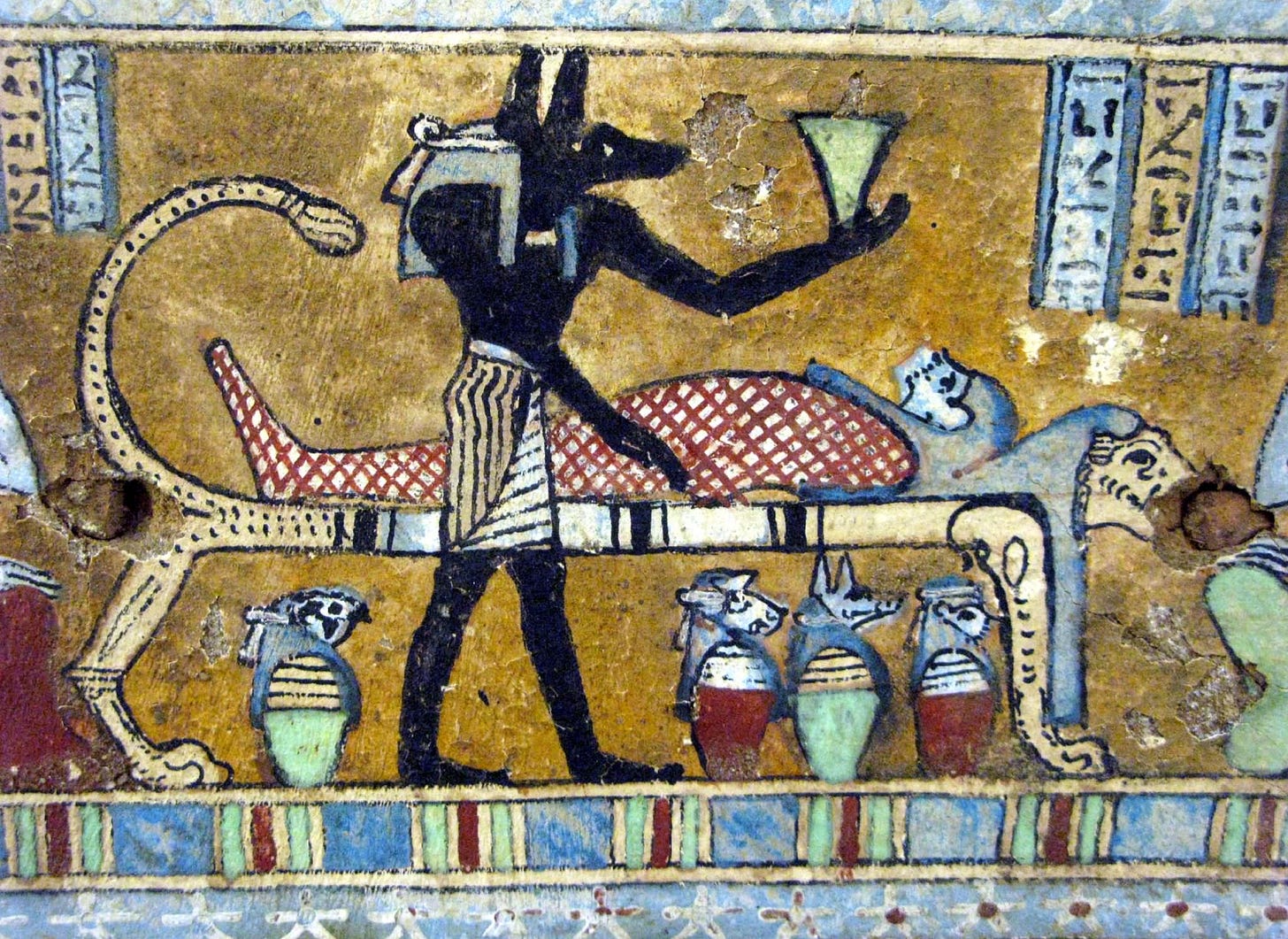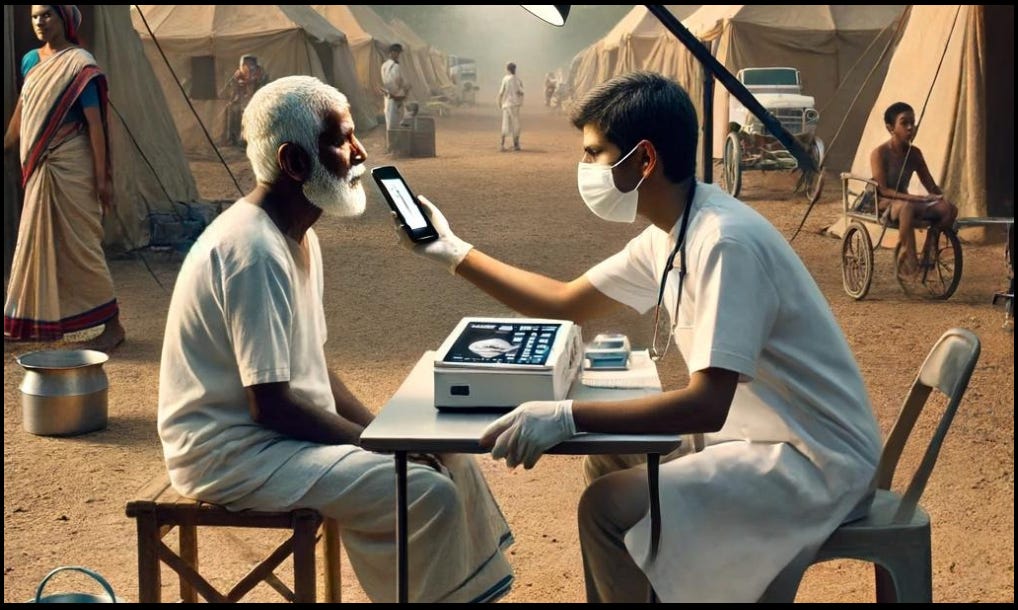The History of Cancer: From Ancient Mysteries to Modern Medicine
Cancer is a word that can stir up emotions of fear and hope all at once. It’s not just a modern disease—it has walked alongside humanity for thousands of years, evolving in its complexity as civilizations advanced.
The history of cancer is a fascinating tale of ancient remedies, groundbreaking discoveries, and the relentless human spirit to conquer what was once thought incurable mystery. Let’s take a walk through time to understand how far we’ve come in understanding this disease.
Cancer in Ancient Times
The first known references to cancer can be traced back to ancient Egypt around 3000 BC, documented in the Edwin Smith Papyrus. This medical text, considered one of the oldest of its kind, described what we now recognize as tumors and ulcers in the breast. Egyptian physicians at the time treated these conditions with cauterization, a method of burning tissue, but they acknowledged that there was “no treatment” for such ailments.
Learn more about the Edwin Smith Papyrus and its historical significance here.
Similar references to conditions resembling cancer appear in Ayurvedic texts from India and early Chinese medical writings. While these cultures used herbal remedies and surgical techniques, cancer was often viewed as a spiritual ailment caused by imbalances or divine punishment.
Greek Origins: The Name and Theories
Fast forward to Ancient Greece, where the term “cancer” was coined by the physician Hippocrates (460–370 BCE). Observing tumors with swollen veins radiating outward, he likened them to a crab, naming them carcinos.
At the time, Hippocrates and later Roman physicians like Galen attributed the disease to an excess of "black bile," one of the four bodily humors they believed controlled health. Although this theory was incorrect, it dominated medical thought for centuries, influencing how diseases like cancer were understood and treated.
The Middle Ages: Faith Over Science
During the Middle Ages, progress in cancer research stalled. Diseases, including cancer, were seen as divine punishment, and treatments often involved prayer, fasting, or bloodletting. However, scholars in the Islamic Golden Age preserved and expanded upon Greek and Roman medical texts, ensuring that the foundations for future discoveries remained intact.
The Renaissance: A New Era of Understanding
The Renaissance (14th–17th centuries) marked the beginning of medical progress. Surgeons like Andreas Vesalius began performing autopsies, shedding light on the internal workings of the human body. Cancer was no longer seen solely as a punishment but as a physical condition that might one day be understood and treated.
By the 18th century, physicians started to realize that cancer could spread through the body. Scottish surgeon John Hunter proposed that some tumors might be removed if they hadn’t invaded nearby tissues—a concept still central to surgical oncology today.
The 19th Century: Microscopes and Milestones
The invention of the microscope transformed medicine in the 19th century. Pathologist Rudolf Virchow discovered that cancer originates from normal cells that undergo uncontrolled growth. This breakthrough laid the foundation for modern cancer biology.
Surgery also became more advanced, with anesthetics and antiseptics reducing patient suffering and infection rates. While survival rates were still low, the fight against cancer had truly begun.
Explore Virchow's contributions in-depth here.
The 20th Century: A Revolution in Treatment
The 20th century saw a dramatic shift in how cancer was treated and understood. Key milestones include:
Radiation Therapy: Discovered after Wilhelm Röntgen's invention of X-rays in 1895, radiation became a powerful tool for targeting tumors.
Chemotherapy: Research during World War II on mustard gas led to the development of chemotherapy drugs, capable of targeting rapidly dividing cancer cells.
Genetic Discoveries: With the discovery of DNA’s double-helix structure in 1953, scientists began understanding the genetic basis of cancer.
Efforts to increase awareness also gained momentum, with organizations like the American Cancer Society leading public education campaigns and funding critical research.
The 21st Century: Precision Medicine and AI
Today, cancer treatment is highly personalized, thanks to advances in genomics and precision medicine. Targeted therapies attack cancer cells while sparing healthy tissues, and immunotherapy leverages the immune system to fight tumors.
Artificial intelligence, like the technology behind the Berry.Care app, is changing the game in early detection. These tools are making advanced cancer screenings accessible to everyone, including underserved communities, helping identify potential cases before they become life-threatening.
Looking back at the history of cancer is a reminder of humanity’s resilience and relentless pursuit of solutions. From ancient Egypt’s crude cauterizations to today’s AI-powered screenings, every step forward builds on centuries of learning.
As we strive for a future where cancer is preventable and curable, understanding its history reminds us of how much progress we’ve made—and how much further we have to go.
Cancer affects millions worldwide, but early detection can save lives. With tools like the Berry.Care app, oral cancer screenings are now accessible right from your phone. Together, let’s continue the fight against cancer with innovation, education, and action.




